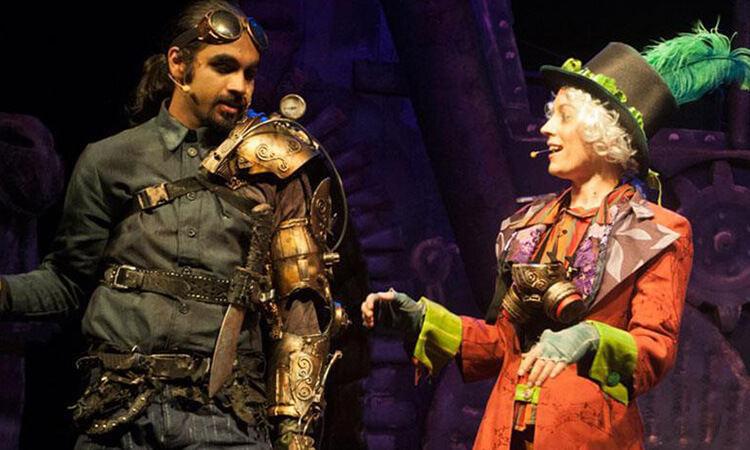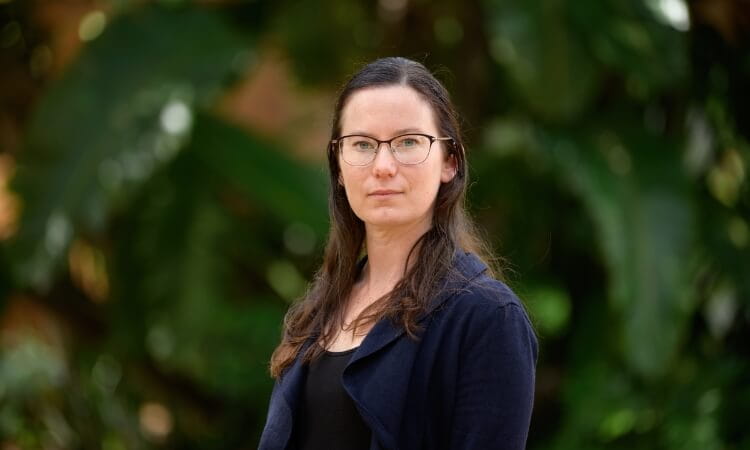However, research is not all about maths and science – it’s about asking the questions that haven’t been asked before.
You may not think of research as delivering to regional communities through theatre. Or using 400-year-old plays to address the rise of youth suicide in parallel with an increasing array of available social media channels.
You may not think of research as interpreting the data collated by a massive annual festival to understand audience perceptions to an historic patron of the Arts and the impact on social inclusiveness.
UniSQ researchers have crafted academic careers through the study of Shakespeare’s work and his ongoing legacy to students and the community of today. They’ve been analysing the role of theatre in developing socially engaged communities and have developed innovative teaching resources, to develop critical capabilities in school students by engaging them with Shakespeare.
The famous bard of 4 centuries ago drives the research initiatives of a number of researchers in the studies of creative arts, education and training and cultural understanding.
40 million students worldwide struggle to understand and analyse Shakespeare each year.
Since 2004, UniSQ Toowoomba has played host to a unique homage to Shakespeare through its delivery of an annual Shakespeare in the Park event. A fusion of open-air theatre, community engagement, school-based workshops, academic assessment of UniSQ theatre students and project-based audience research activities, have brought the theatre of old to the generations of new.
UniSQ researchers have asked that very question – how does Shakespeare’s name influence the behaviours and decision-making processes of potential festival-goers? Significantly it seems. Some people feel that a Shakespeare production would be beyond their understanding and were afraid of the unknown.
So, UniSQ academics put ink to parchment and adapted Shakespeare’s works to be less intimidating to audience members, through the delivery of education programs to secondary schools and through its annual Shakespeare in the Park production.
What does this have to do with the community? The relevance of Shakespeare’s works has been repeatedly debated amongst scholars, policy makers and curriculum makers over the years. The studies undertaken by UniSQ Researchers are proving the significance of the Bard’s work through its findings in community engagement and school engagement activities.
Social impact still relevant 400 years later
One such activity was to deliver public community forums led by child psychologists to discuss youth suicide. Why? Thirteen suicides were depicted in Shakespeare’s plays – a social impact still relevant 400 years later. Teachers have had to adapt their methods to engage with the current generation of secondary school students. These are individuals whose parents were early adopters of the digital age and have grown in a visually immersive world of instant gratification, responsiveness and information absorption.
Identified need to support teachers
UniSQ researchers identified the need to provide a solution for teachers, to be able to deliver Shakespeare curriculum to students in a more visual and multi-modal way and developed an online learning environment, using best practice approaches to e-learning. While quill and ink has been replaced by mobile devices and the cloud, the legacy of literature’s greatest contributor to the English language continues on with UniSQ researchers.



